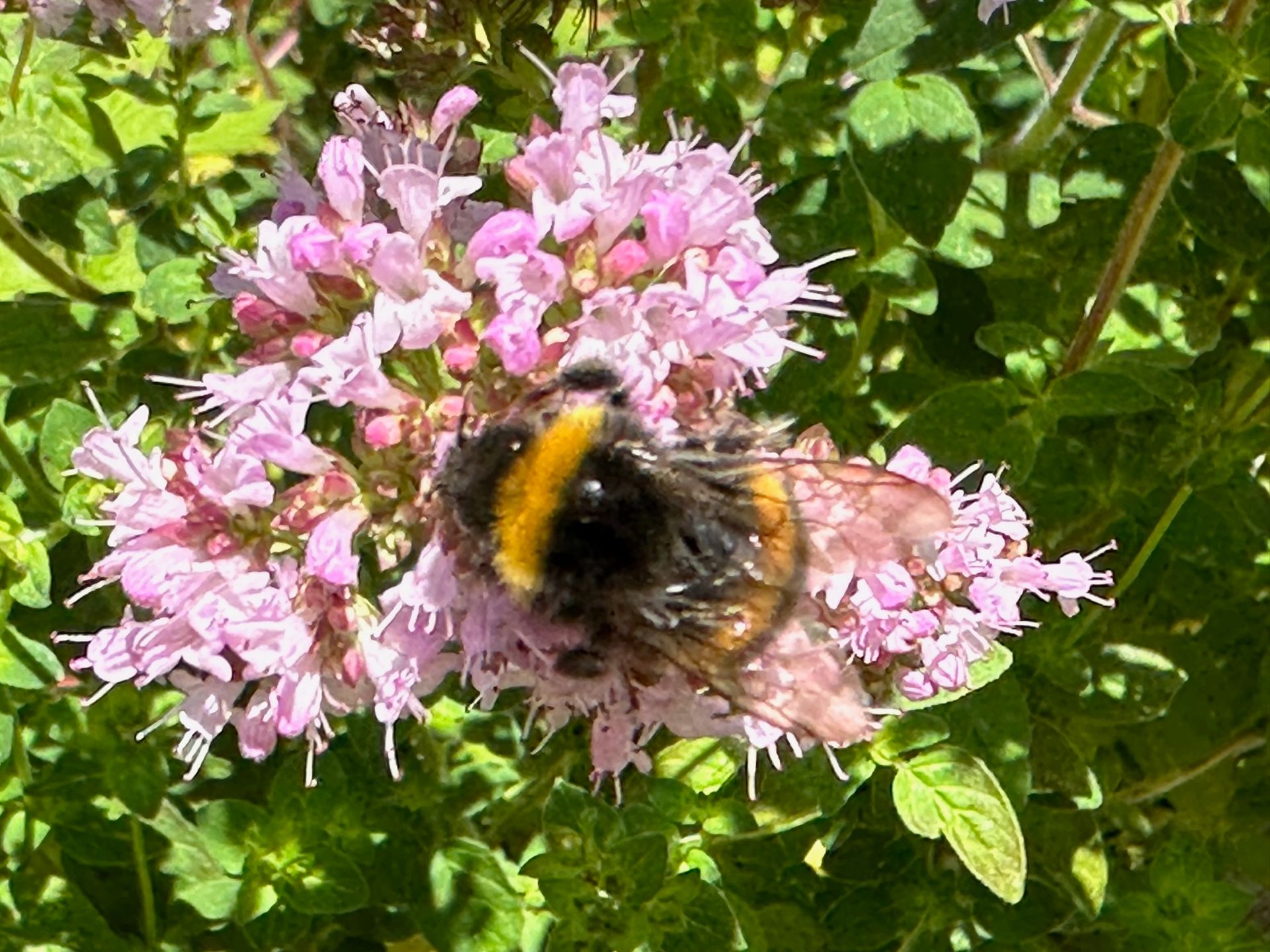Message of Abbot Paul - Saturday 8th July 2023
Abbot Paul • July 8, 2023
Today’s Gospel passage from Matthew, (Mt 9: 14-17), sees the disciples of John the Baptist come to Jesus to ask him why it is that they and the Pharisees fast, yet the disciples of Jesus do not. Does this refer to special or extra fasts observed by John and the Pharisees but not by Jesus and his disciples or to the ordinary fasting laws undertaken by all practising Jews in Jesus’ day? Obviously, they were preoccupied by this discrepancy, or they wouldn’t have come to ask him, “Why is it that we and the Pharisees fast, but your disciples do not?” We mustn’t forget that during his lifetime and for a long time afterwards, one of the major debating points concerned the identity of the Messiah, the Christ: was it John or was it Jesus?
In reply, Jesus tells them, “Surely the bridegroom’s attendants would never think of mourning as long as the bridegroom is still with them? But the time will come for the bridegroom to be taken away from them, and then they will fast. No one puts a piece of unshrunken cloth on to an old cloak, because the patch pulls away from the cloak and the tear gets worse. Nor do people put new wine into old wineskins; if they do, the skins burst, the wine runs out, and the skins are lost. No; they put new wine into fresh skins and both are preserved.” I wonder what they made of this? It wasn’t the only time John’s disciples came to see Jesus and ask him questions. In John’s Gospel, the author shows us that the first disciples of Jesus had originally been disciples of John. In answer to their question on fasting, Jesus provides three illustrations, the first being a wedding, a joyful occasion, which is the antithesis to fasting, which was usually a sign of mourning or repentance for sin. Jesus is the bridegroom and his disciples his attendants or best men and ushers, as we say in English today. The second illustration is that of clothes, that over time and much washing tend to shrink. That’s true even today of synthetic materials. It wouldn’t be wise to patch an old piece of clothing with a new piece of cloth: the consequences are obvious. The third illustration concerns wineskins, not something common in the lives of most of us today, but easily understood by his hearers.
Jesus uses these last two illustrations to show that we shouldn’t try to mesh together the new and the old. What is he getting at here? Why does this matter to the disciples of John, why does it matter to Jesus’ disciples, and why does it matter to us? Well, Jesus is trying to show us that there is a new way for believers in God. John and his disciples, as well as the Pharisees, are operating by the old way of things. They’re looking to the sacrifices, the rituals, the laws, the Mosaic covenant, and the eventual coming of the Messiah. Jesus didn’t come to patch up the old way of religion. Jesus didn’t come to mix the new way into the old way of doing things. Jesus has come with something totally new. Jesus is saying, “The new way has come! I am the new way! I am the bridegroom! I am the Messiah, the Christ! I am God!”














